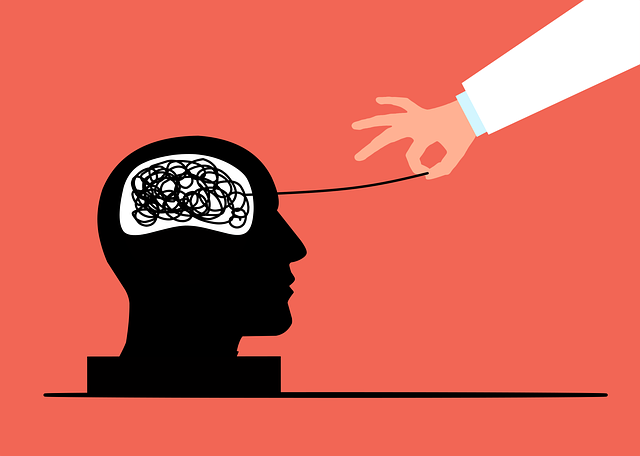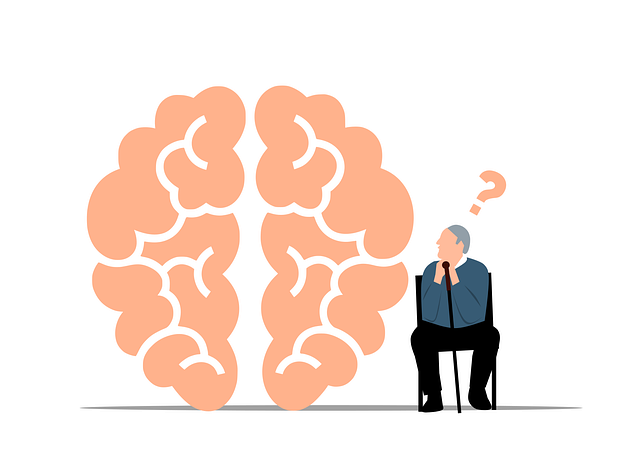Highlands Ranch Self-Esteem Therapy offers comprehensive support for individuals with mental health conditions, focusing on building self-esteem and social skills. Through therapy, coping strategies, and training, clients learn to manage anxiety, doubt, and societal pressures. They gain assertiveness, active listening, and interpersonal skills for healthier relationships. Support groups and workshops enhance emotional resilience and promote self-care, improving life quality and social interactions.
Social skills training is a powerful tool for managing mental health conditions, fostering connections, and improving overall well-being. This comprehensive guide explores the intricate link between social interactions and mental health, offering insights on how enhancing self-esteem and overcoming stigma can revolutionize support strategies. Discover effective communication techniques and learn practical tips from therapy and support groups in Highlands Ranch Self-Esteem Therapy to navigate relationships with confidence.
- Understanding the Connection Between Social Skills and Mental Health
- The Role of Self-Esteem in Social Interactions and Overcoming Stigma
- Strategies for Effective Communication and Building Healthy Relationships
- Practical Tips for Enhancing Social Skills Through Therapy and Support Groups
Understanding the Connection Between Social Skills and Mental Health

Social skills play a pivotal role in an individual’s mental health and well-being. In many cases, mental health conditions can impact one’s ability to interact socially, leading to feelings of isolation and further exacerbating symptoms. For instance, individuals dealing with anxiety disorders might struggle with initiating conversations or maintaining eye contact, while those with depression often withdraw from social activities altogether. Recognizing this connection is crucial for developing effective treatment strategies, such as those offered at Highlands Ranch Self-Esteem Therapy.
Understanding the intricate link between social skills and mental health involves considering how social interactions can both positively and negatively influence an individual’s state of mind. A thorough risk assessment, often conducted by mental health professionals, should evaluate these factors to provide tailored support. Trauma support services, for instance, are essential in addressing past experiences that may have impaired social development. By incorporating self-awareness exercises into therapy, individuals can gain insights into their behaviors and triggers, fostering healthier interactions and improving overall mental resilience.
The Role of Self-Esteem in Social Interactions and Overcoming Stigma

Self-esteem plays a pivotal role in social interactions, significantly influencing how individuals engage with others and perceive themselves in various settings. For those managing mental health conditions, improving self-esteem can be transformative. It empowers individuals to initiate conversations, foster meaningful connections, and overcome barriers that may have once seemed insurmountable. In Highlands Ranch Self-Esteem Therapy, professionals focus on identifying negative thought patterns and replacing them with positive affirmations, helping clients build resilience against social anxieties and self-doubt.
Stigma often accompanies mental health conditions, contributing to feelings of isolation and hindering social growth. Through effective therapy, individuals can learn coping mechanisms to manage societal pressures and internalized stigma. By embracing emotional healing processes, one can not only enhance their emotional well-being but also become more adept at navigating social situations. Techniques aimed at promoting emotional well-being involve cultivating self-compassion, practicing active listening, and developing assertiveness skills—all essential for building healthy relationships and preventing burnout in the process of social interactions.
Strategies for Effective Communication and Building Healthy Relationships

In social skills training for mental health conditions, learning effective communication strategies is paramount. At Highlands Ranch Self-Esteem Therapy, we focus on teaching clients how to express their thoughts and feelings clearly and assertively. This involves practicing active listening, where individuals learn to pay full attention to the speaker, understand their perspective, and respond thoughtfully. Such techniques not only improve understanding between individuals but also foster a deeper sense of connection and emotional well-being promotion techniques.
Building healthy relationships is another crucial aspect we address. Our therapy sessions encourage clients to develop interpersonal skills that enable them to form meaningful bonds. This includes setting boundaries, managing conflict constructively, and expressing needs respectfully. By mastering these skills, individuals can prevent burnout and enhance their mental wellness, leading to more fulfilling social interactions and overall improved life quality.
Practical Tips for Enhancing Social Skills Through Therapy and Support Groups

Social skills training is a powerful tool for individuals navigating mental health conditions, offering a chance to build and enhance connections with others. Through therapy sessions, clients can learn practical strategies to improve communication, assertiveness, and emotional regulation in social settings. For instance, Highland Ranch self-esteem therapy often incorporates role-playing exercises to practice initiating conversations, active listening, and managing anxiety in social situations. This hands-on approach allows individuals to gain confidence and develop a more positive perception of themselves and their interactions with others.
Support groups provide an additional layer of support, offering a safe space to share experiences and learn from peers facing similar challenges. Engaging in these groups encourages the development of emotional resilience and coping strategies for stressful situations. Furthermore, participating in self-care routine development workshops can empower individuals to prioritize their mental well-being, while stress management workshops teach valuable tools for resilience building and maintaining a healthy work-life balance.
Social skills training plays a pivotal role in managing mental health conditions, especially by addressing self-esteem issues and stigma. This holistic approach, often facilitated through therapy and support groups, empowers individuals to navigate social interactions with confidence. By mastering communication strategies and building healthy relationships, those in Highlands Ranch seeking Self-Esteem Therapy can significantly improve their overall well-being, fostering a more inclusive and supportive environment for everyone.








